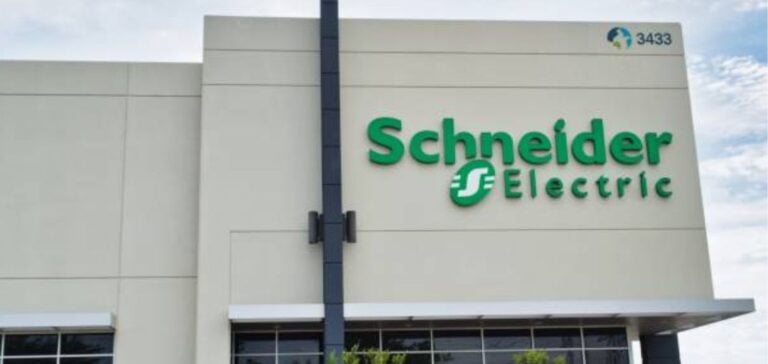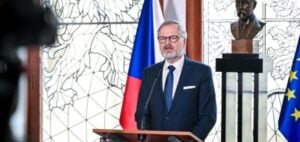Schneider Electric joins forces with Capgemini to launch the Energy Command Center. This centralized, integrated platform has been designed to monitor, control and optimize the energy consumption of buildings and critical infrastructures. It combines state-of-the-art digital solutions with advanced technologies to simplify energy management and reduce energy consumption. The Energy Command Center uses artificial intelligence (AI), machine learning and the Internet of Things (IoT) to measure and predict various parameters such as energy intensity, critical asset health and renewable energy production. By providing real-time data on energy consumption and carbon emissions, this platform helps organizations achieve their decarbonization objectives while reducing energy costs.
Concrete results in India
Since 2022, a prototype of the Energy Command Center has been tested in Capgemini’s Indian operations, representing around a quarter of the Group’s energy footprint. Thanks to this platform, Capgemini has succeeded in reducing its energy consumption by 29% in 2023 compared with 2019 at its eight main campuses in India. This success illustrates the solution’s potential to help companies decarbonize their operations. Aiman Ezzat, CEO of the Capgemini Group, said: “Digital technologies and data management have incredible potential to accelerate the energy transition. Together with Schneider Electric, we can help companies manage and accelerate their energy decarbonization trajectory.”
Strategic collaboration for a sustainable future
Peter Herweck, Managing Director of Schneider Electric, underlines the importance of this collaboration: “It is vital to tackle the energy and climate crises. Energy efficiency plays a key role in mitigating them. Decarbonization through electrification and digitalization is essential for a sustainable future. Together, with Capgemini, we can make a significant impact.” The solution combines Schneider Electric’s connected products and consulting tools with Capgemini’s expertise in data integration and processing, AI and machine learning. By integrating all products and software into a central platform, the Energy Command Center enables informed decision-making and optimized management of energy resources. The launch of the Energy Command Center by Schneider Electric and Capgemini marks a major step forward in energy management. This strategic collaboration illustrates the potential of digital technologies to transform the energy sector and promote a sustainable future.





















